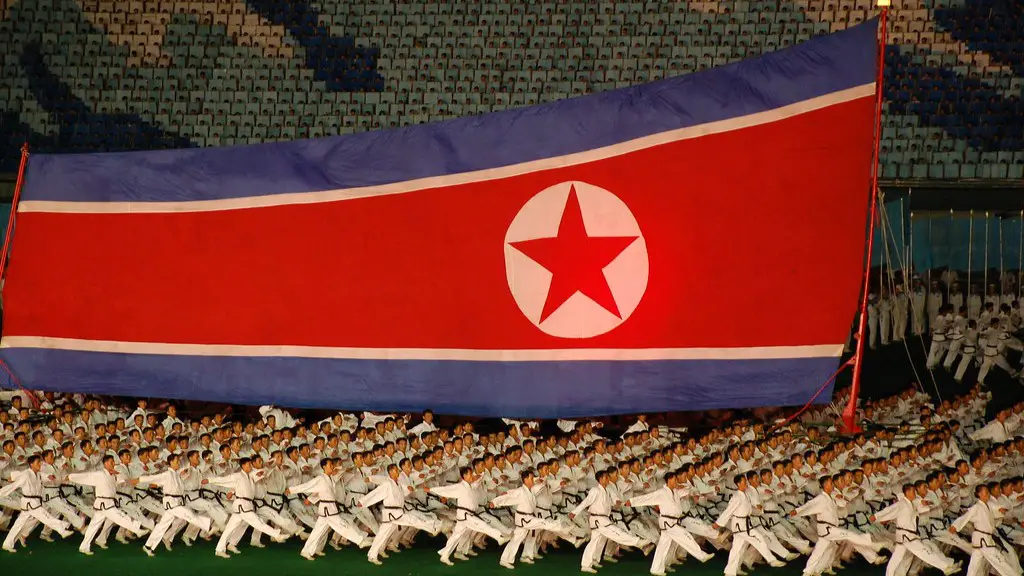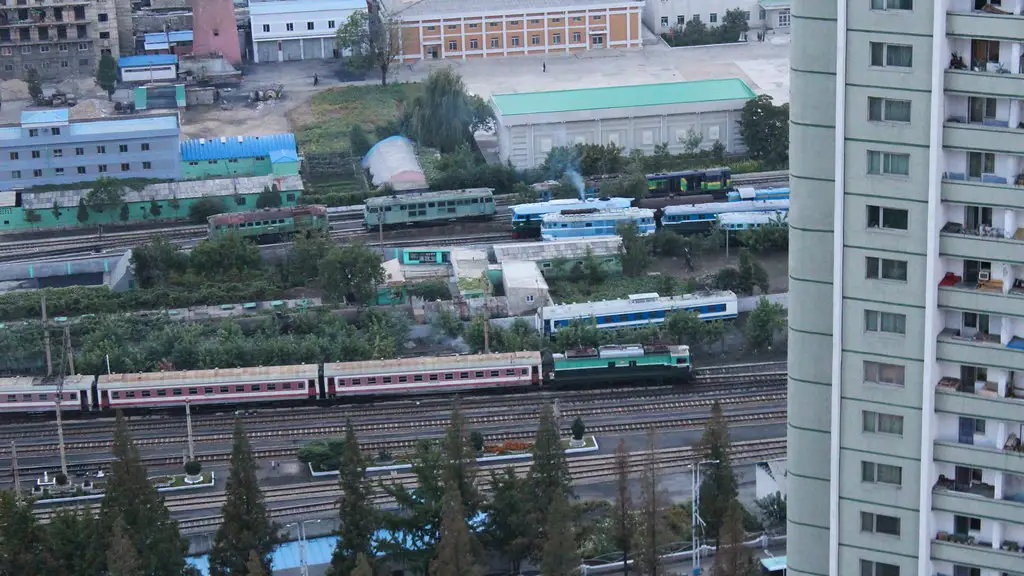Facts and figures
The latest nuclear test by North Korea was conducted on September 3, 2017 in the area of Punggye-ri in the northeast of the country. With the test, North Korea announced it had successfully tested an advanced hydrogen bomb for an intercontinental ballistic missile. The nuclear test was registered as an “explosion-like event” by the US Geological Survey, and seismic stations worldwide recorded the event with a magnitude of 6.3 on the Richter scale, making it one of the most powerful detected seismic events in recent history. The United Nations Security Council unanimously passed a US-drafted resolution imposing tough new sanctions on North Korea in response to the test, including the cutting of imports of oil products and restrictions on the sale of its textiles.
Political stance
The nuclear test has resulted in heightened tensions between North Korea and other countries, particularly the United States and other members of the United Nations Security Council. The US has denounced North Korea as a “rogue state” and accused them of “violating international law and endangering global peace and security”. North Korea has reacted by threatening to use its nuclear capabilities against the US in the event of any military action or other provocation. North Korea’s leader, Kim Jong-un, has defended the test as necessary for self defense and accused the US of attempting to “deny our people their basic rights, destroy our sovereignty and strangle us economically”.
International reaction
The reaction to the nuclear test by other countries has been one of alarm and condemnation. Chinese president Xi Jinping has expressed concerns regarding the danger posed by North Korea’s nuclear activities, while Japanese Prime Minister Shinzo Abe has condemned the test and warned that it requires “a strong and unified response”. South Korea has implemented new military measures and increased economic sanctions in response, while the US has imposed further sanctions on North Korea. The United Nations has also condemned the test, with UN Secretary-General Antonio Guterres warning that the test “increases the risk of a spiral of escalation which could have serious consequences for regional and international peace and security”.
Motivation for the test
There has been widespread speculation as to North Korea’s motives for carrying out the test. Experts have suggested that the test was part of a deliberate campaign by North Korea to demonstrate its strength and defiance in the face of international pressure and condemnation. In addition, it is thought that the test was a response to recent US military maneuvers in the region and was intended to send a message to the US that North Korea was prepared and capable of defending itself if necessary. Experts have also pointed to the possibility that North Korea is attempting to increase its bargaining power in negotiations with the US and other countries.
Impact on peace negotiations
The test has had a significant impact on peace negotiations between North Korea and other countries, most notably the US. North Korea had previously expressed its willingness to enter into talks with the US over the denuclearization of the Korean peninsula, but these talks are now in doubt due to the test. The US has made it clear that it will not negotiate with North Korea so long as they continue to carry out nuclear tests, while other countries have also expressed their concerns over the test. Talks have, however, not been completely ruled out, with the US and other countries keeping the door open for negotiations in the future.
The future of nuclear tests
North Korea has recently announced that it has suspended nuclear tests and will instead focus on economic development. This decision has been welcomed by the international community, with many hoping that it is the beginning of a new era of cooperation between North Korea and other countries. In the meantime, the US and other countries will continue to monitor North Korea’s activities and respond accordingly if any further nuclear tests are conducted.
Political and economic implications
The nuclear test by North Korea has had significant implications for the political and economic environment in the region. The UN Security Council’s response to the test has caused significant disruption to North Korea’s economy, with the new sanctions causing a significant decrease in North Korea’s exports. On the political side, North Korea’s relations with other countries has been severely strained, with the US and other members of the UN Security Council now unwilling to negotiate with North Korea until radioactive activity in the region has been stopped.
Humanitarian impact
The impact of the nuclear test on the people of North Korea has been severe. The US-sponsored sanctions have caused a significant decrease in North Korea’s economy, leading to an increase in poverty and a decrease in access to basic necessities of life. In addition, the heightened tensions in the region have caused severe psychological stress to the people of North Korea, with many now living in fear of war.
International efforts to halt nuclear tests
The international community has reacted to the test by North Korea by calling for an end to nuclear tests in the region. The United Nations has held numerous meetings regarding the issue, with many countries condemning North Korea’s actions and calling for an end to all nuclear tests in the region. In addition, a number of countries, including the US and China, have attempted to engage in talks with North Korea in order to reduce tensions and persuade North Korea to renounce its nuclear ambitions.
The role of the US and China
The US and China have played a major role in the international response to the nuclear test by North Korea. The US has sought to use economic and diplomatic pressure to persuade North Korea to cease its nuclear activities, while China has attempted to use its influence as a close neighbor and ally of North Korea to encourage them to pursue a peaceful resolution to the crisis. While both countries have achieved some success in their efforts, there is still much work to be done in order to bring a lasting peace to the region.


